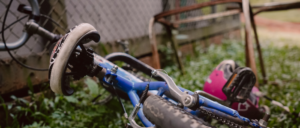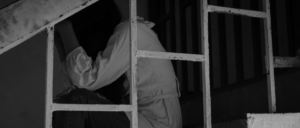
This month our “DO” Justice giveaway is in response to World Day Against Trafficking in Persons (WDATIP). July 30th, is set aside to raise awareness about the plight of human trafficking victims and to promote and protect their rights.
So why are we giving away ZOE merch as an incentive to join our free, online course?
We understand that learning how to “DO” Justice in the busyness of everyday life can be a bit overwhelming. Most people aren’t even sure where to start.
We believe that education and awareness are the first steps needed. That’s why we encourage every staff member or person we come into contact with at events, schools, churches and in the community to learn more about the topic of human trafficking first.
Human trafficking is a complex issue. Read more about how we see this year’s WDATIP theme "Reach every victim of trafficking, leave no one behind" impacting the situation in Australia. This post outlines what we’re learning as we try to dive into the problem here.

“Doing” justice is about making sure that no victim of human trafficking is overlooked, ignored or left behind. Everyone should be protected, and provided with the support that they need to restore their dignity and help them rebuild their lives - especially children.
It’s like the Maya Angelou quote, “Do the best you can until you know better. Then when you know better, do better.”
How can we “DO” justice surrounding child trafficking until we learn more about the issue first? The first step to preventing child trafficking is by building a community of people who are aware and educated. Doing justice is going to be an ongoing process that requires the efforts of all of us. Collaboration from individuals, communities, governments, and organisations is essential.
In recognition of World Day Against Trafficking in Persons 2023 everyone who signs up for our free online course in August will be entered into a competition to win a “DO Justice” pack. The pack includes a limited-edition ZOE hoodie, cap and string bag.
It's the perfect time to learn more and demonstrate your passion to see child trafficking ended. And, by wearing ZOE merch, you will have more opportunities to engage others in conversation about the topic!
Here's how you can participate:
-
Sign up for our free online course at https://courses.gozoe.org.au
-
Once you've signed up, you'll automatically be entered into our competition for a chance to win one of our “Do Justice” packs.
-
Spread the word! Share this competition with your friends and colleagues who may also be interested in joining our course. Every friend you tag on our socials, who also signs up, will earn you an additional entry into the competition, increasing your chances of winning.
Hurry, the competition ends on August 31st, so don't miss out on this fantastic opportunity for free merch and to learn more about ending child trafficking.


